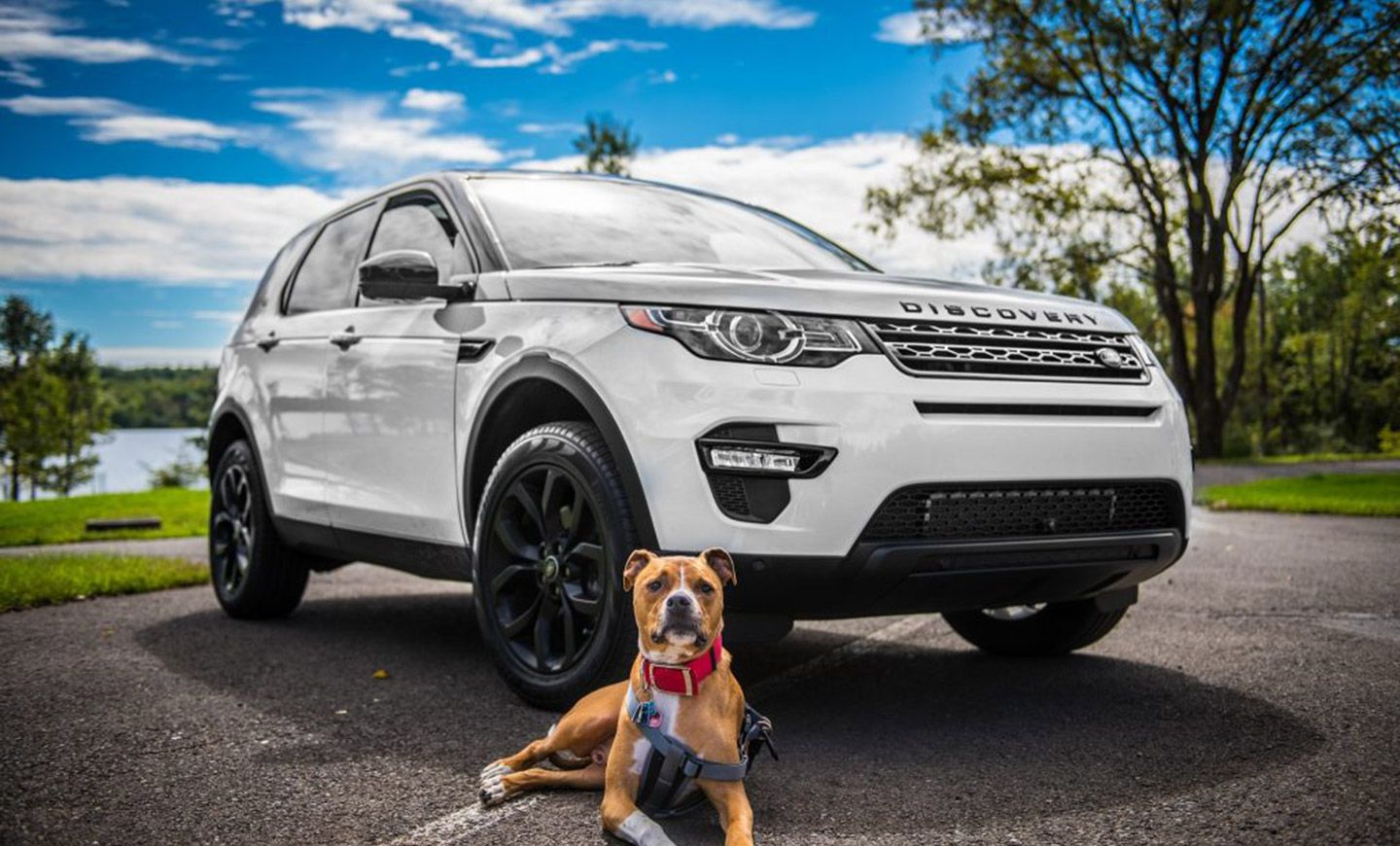No one wants to think about the possibility of getting into a car accident. However, when you’re shopping for a new vehicle, it should come to mind. How safe would this SUV keep you and your passengers in the event of a crash? What about this sedan? Or a pickup truck?
Other than looking at the safety ratings (which we recommend you do), is there any way to tell? Does the type of vehicle really matter in a crash? The Husband and Wife Law Team is here to tell you more!
The University at Buffalo Study
Researchers at the University at Buffalo found the type of vehicle matters greatly in a crash, despite the safety rating any particular vehicle may have.
Crash Risk: Head-On Crashes
They studied reports of head-on collisions between sports utility vehicles (SUVs) and passenger cars. The drivers of passenger cars were ten times more likely to die in a head-on collision with an SUV if the SUV had a better safety rating. When the SUV had a lower safety rating than the car, the cars’ occupants were four times more likely to die than the driver of the SUV. Taking safety ratings out of the equation altogether, drivers in cars are seven times more likely to die in a head-on crash with an SUV.
SUVs sit much higher off the ground. During a head-on collision, the front bumper of the SUV is in line with the seats and crush zone of passengers in a smaller vehicle (similar how they’re situated with tractor-trailers in an underride accident). This, in addition to the fact that cars are much smaller and can roll under SUVs, give SUVs occupants the better chance of surviving a collision. SUVs are also heavier than passenger vehicles. In an accident, the vehicle with the larger mass is likely going to fare best. When a much heavier vehicle crashes into a vehicle that is significantly lighter, the heavy vehicle is going to sustain less damage—and so are its occupants.
Crash Risk: Rollover
The same study also looked at the risk of rollovers with SUVs. In the 1980s and ‘90s, SUVs had a much larger risk of rollovers than vehicles with lower centers of gravity. The University of Buffalo study found that manufacturers have taken necessary steps to address the problem, and rollover accidents are much less common than they once were.
The fact that SUVs do sit higher off the ground, and therefore have a higher center of gravity, does not always work in their favor, though. While the risk of rollover in SUVs may be less than it was 20 or 30 years ago, these vehicles are still more likely to roll over than cars, which have a lower center of gravity. The same is true of lifted pickup trucks, Jeeps, and “taller” vehicles. Rollovers can happen when the vehicle is traveling at too high a speed, or rounding tight corners and curves.
Crash Risk: Sunroofs
Newer SUVs, pickup trucks, and cars are often equipped with sunroofs. These pose an ejection risk—especially during rollovers—and occupants can become stuck in them and suffer catastrophic injuries during the chaotic moments of an accident.
How to Stay Safer in Any Vehicle
While you can’t always avoid a collision on roads, there are ways drivers and passengers can keep themselves safer, no matter the type of vehicle they’re traveling in!
The first way to stay safe is to wear a seatbelt. According to the National Highway Traffic Safety Administration, approximately 50% of all fatalities in crashes are due to people not wearing their seatbelt! Even though approximately 85.9% of Americans do buckle up, listening for the click could prevent hundreds of deaths.
In addition to buckling up, choosing newer vehicles seems to be safer than riding in older vehicles—largely due to the number of safety features available in newer models. These include airbags, more efficient crumple zones, active and passive safety systems, and safety cells built of stronger materials that better absorb the energy of an impact.
Lastly, making sure there are no loose objects in the vehicle is another good way to stay safer during a crash. Phones, keys, sunglasses, and any other objects not being used while driving should be stowed in the glove compartment, secured, or left in the trunk. This will reduce the risk of those objects hitting people during a violent crash and further injuring them.
Accidents Are Unpredictable, But We Aren’t
While the type of vehicle you’re in may contribute to your safety, you can’t control all the external factors that can cause a crash—especially other drivers. But after an unexpected, painful collision in Phoenix, you can “expect” the team at Breyer Law Offices, P.C., to be here to answer your questions and take care of you. Contact us whenever you need to speak to a top car accident lawyer in a free consultation!


